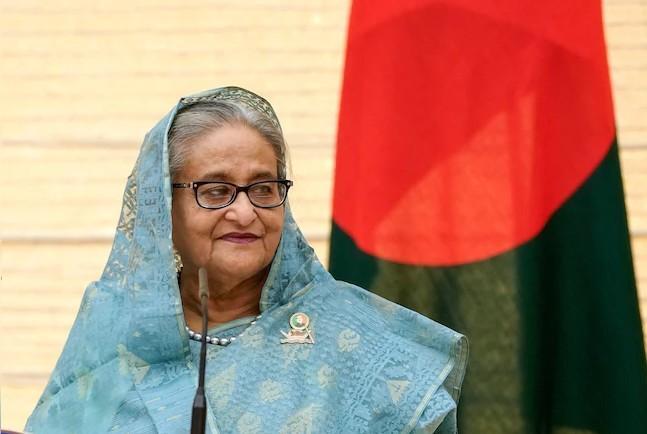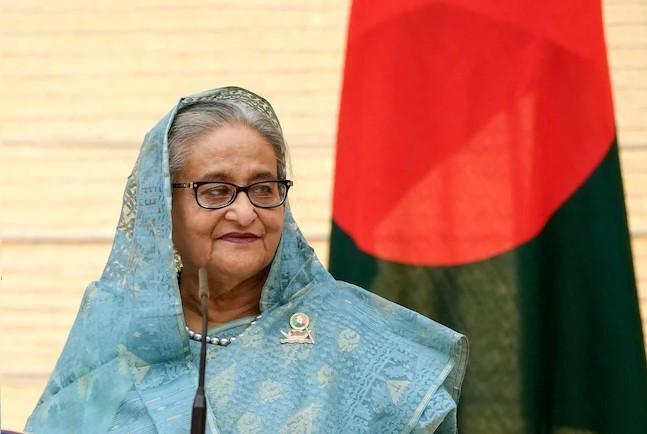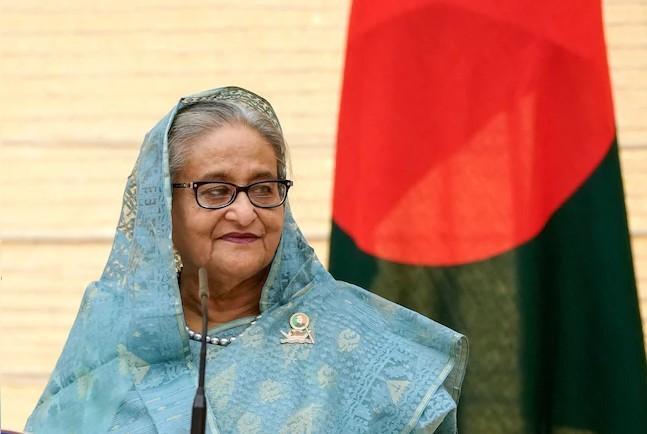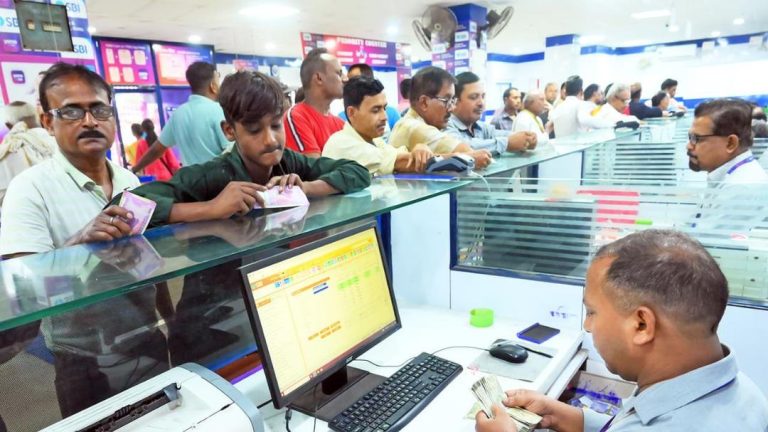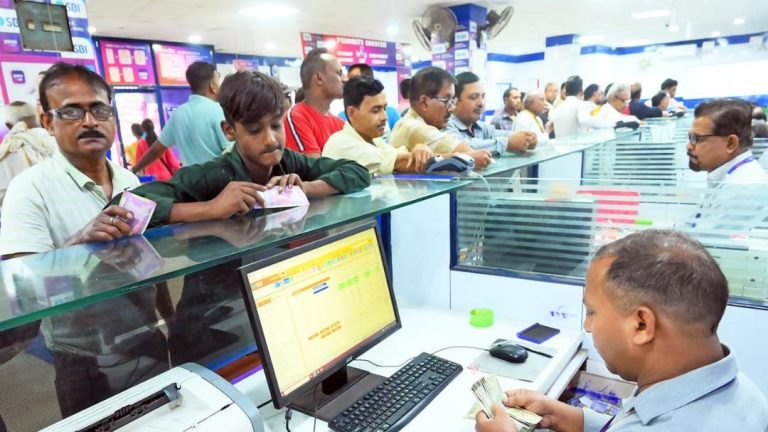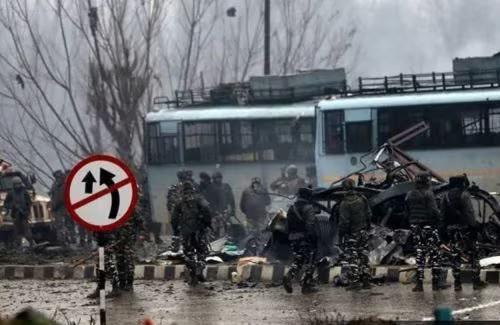
Explosive Used in Pulwama Attack Was Bought on E-commerce Site: Global Terror Watchdog
The 2019 Pulwama terror attack, which claimed the lives of 40 Central Reserve Police Force (CRPF) personnel, was a devastating reminder of the threats posed by terrorism to global peace and security. The attack, which was carried out by a suicide bomber affiliated with the Jaish-e-Mohammed (JeM) militant group, was widely condemned by the international community.
In a recent report, the global terror financing watchdog, the Financial Action Task Force (FATF), has flagged the misuse of online payment services, virtual private networks (VPNs), and e-commerce platforms in terrorist attacks, including the Pulwama attack. The report highlights the increasing use of digital platforms by terrorists to fund and facilitate their activities.
According to the report, the aluminium powder used in the explosive device in the Pulwama attack was bought from an e-commerce site, EPOM Amazon. This is a shocking revelation that highlights the ease with which terrorists can use online platforms to procure the materials they need to carry out attacks.
The report also mentions that the attackers involved in the Gorakhnath Temple attack in Varanasi used VPNs and online payment services to evade detection. The attack, which occurred in June 2022, saw a group of terrorists storm the temple complex and clash with the security forces.
The FATF report flags the misuse of digital platforms by terrorists as a major concern. The organization notes that the increasing use of online payment services, VPNs, and e-commerce platforms by terrorists has made it easier for them to fund and facilitate their activities.
The report also highlights the need for governments and financial institutions to take strong measures to prevent the misuse of digital platforms by terrorists. This includes implementing strict regulations and monitoring systems to detect and prevent suspicious transactions.
The Pulwama attack was a devastating incident that had far-reaching consequences for India. The attack, which was carried out on February 14, 2019, was widely condemned by the international community and led to a significant escalation in tensions between India and Pakistan.
The attack was carried out by a suicide bomber affiliated with the JeM militant group, who rammed his vehicle into a convoy of CRPF personnel in Pulwama district of Jammu and Kashmir. The attack killed 40 CRPF personnel and injured many others.
The Indian government responded to the attack by launching a military operation against JeM training camps in Pakistan. The operation, which was carried out in coordination with the Pakistan military, aimed to disrupt the group’s ability to carry out attacks in India.
The FATF report is a wake-up call for governments and financial institutions around the world to take strong measures to prevent the misuse of digital platforms by terrorists. The report highlights the need for increased vigilance and cooperation to detect and prevent terrorist financing.
In conclusion, the FATF report highlights the increasing use of digital platforms by terrorists to fund and facilitate their activities. The report also flags the misuse of online payment services, VPNs, and e-commerce platforms in terrorist attacks, including the Pulwama attack. The report is a reminder of the need for governments and financial institutions to take strong measures to prevent the misuse of digital platforms by terrorists.
News Source:
https://indianexpress.com/article/india/fatf-report-pulwama-gorakhnath-attackers-used-online-sites-10114382/lite/
